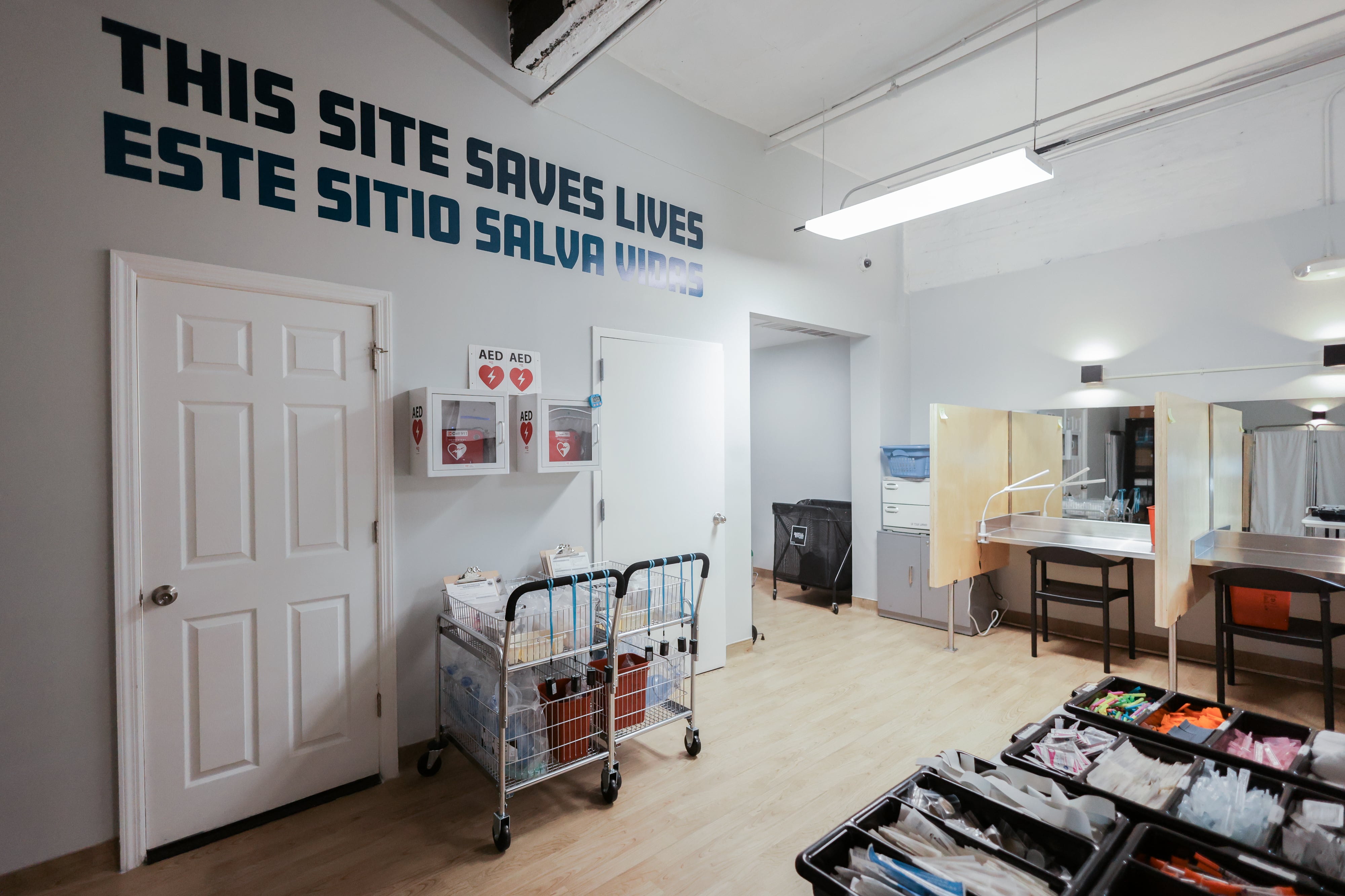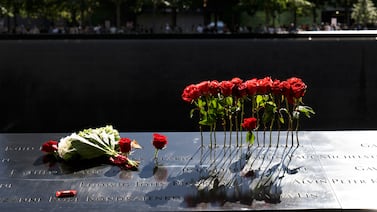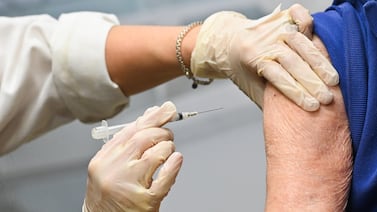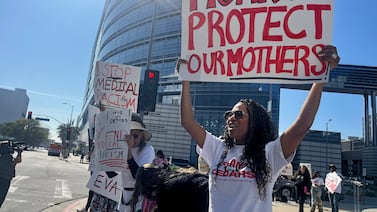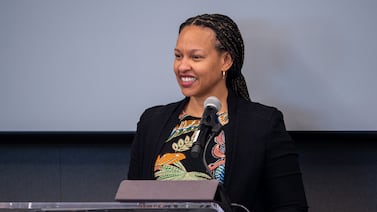Public health, explained: Sign up to receive Healthbeat’s free New York City newsletter here.
As New Yorkers continue to die of opioid overdoses, Gov. Kathy Hochul has resisted calls to declare a public health emergency, frustrating advocates and providers who believe the move could accelerate efforts to mitigate the crisis.
During a meeting Friday of the Opioid Settlement Fund Advisory Board — which is tasked with making recommendations for the allocation of money from settlements with the pharmaceutical companies that drove the crisis — many members expressed dismay over the absence of an emergency declaration from the state.
Joyce Rivera, a member of the advisory board and chief executive officer of St. Ann’s Corner of Harm Reduction, a syringe exchange program in the Bronx, argued that the advisory board should push for a public health emergency declaration.
“When you have power, as we do, you should use that power,” she said.
New York City recorded 3,026 overdose deaths in 2022, the highest number since reporting started in 2000, according to the city Department of Health. That record-high number of deaths reflected the significant spike in overdose deaths during the first years of the Covid-19 pandemic. In 2022, overdose deaths in the city were concentrated among Black New Yorkers, as well as among residents of the Bronx and Staten Island.
Hochul’s reticence to declare a public health emergency – which would expand the state’s power to address the crisis — has long frustrated advocates, New York Focus reported last year.
This year, pressure has mounted on Hochul to make the move. In April, 56 state lawmakers signed a letter urging Hochul to declare an emergency, which they said could waive cost-sharing for those seeking substance use treatment services, increase Medicaid rates for such services, better address staffing issues, and allow community-based organizations to improve their overdose prevention services.
A bipartisan task force on Staten Island also called on Hochul to declare a public health emergency earlier this year.
“Our administration is engaged in aggressive, ongoing efforts to address the opioid and overdose epidemic, which has tragically taken far too many neighbors, friends, and family members in New York and across the nation,” a spokesperson for Hochul said in a statement. “Our efforts are making an impact, as recently released federal data showed that overdose deaths are declining across New York – and we’re working every day to keep deploying the resources that save lives and ensure New Yorkers struggling with addiction get the support they need.”
Provisional data from the Centers for Disease Control and Prevention indicate a 13.8 percent decrease in overdose deaths in New York state in the 12-month period ending in April 2024, compared to the prior 12-month period, and a 6.4 percent decrease in the same period in New York City, although the data are incomplete.
The federal government declared the opioid crisis a public health emergency in 2017. Some states, including Arizona, Massachusetts and Florida, have issued statewide emergency declarations, enabling actions such as new prescription guidelines and expanded access to naloxone.
At Friday’s meeting, while some advisory board members expressed caution about straying too far from their task of allocating settlement funds, others stressed that a public health emergency declaration was an untapped weapon in the state’s arsenal.
“We have a responsibility to hold the governor accountable, because at the end of the day, she is the one that continues to not pay attention,” said advisory board member Ashley Livingston.
Tracie Gardner, an advisory board member and co-director of the National Black Harm Reduction Network, emphasized that the advisory board should use every possible tool to address the opioid crisis and increase pressure on the state for its response.
“I don’t understand the resistance to declaring the public health emergency, other than the fear that that will make the case for the establishment of some pilot overdose prevention centers,” Gardner said.
New York City has two overdose prevention centers, where users can consume drugs in a supervised setting. The sites exist under an agreement between the mayor and the police, although they remain illegal under federal, state, and local law.
The advisory board has repeatedly urged the state to use some of its settlement funds to support overdose prevention centers. But Hochul has voiced opposition to doing so.
At Friday’s meeting, some board members also reiterated frustration toward New York City for a lack of transparency in its spending of settlement funds, an issue the THE CITY reported on earlier this year.
In a report issued this month, New York City reported receiving a total of $154.3 million in settlement funds. In the past fiscal year, the city appropriated $33 million in funds, according to the report. Earlier this week, New York City Mayor Eric Adams released broad plans for allocating $50 million in settlement funds annually by fiscal year 2027.
The advisory board is scheduled to reconvene on Sept. 24.
Eliza Fawcett is a reporter covering public health in New York City for Healthbeat. Contact Eliza at efawcett@healthbeat.org.

